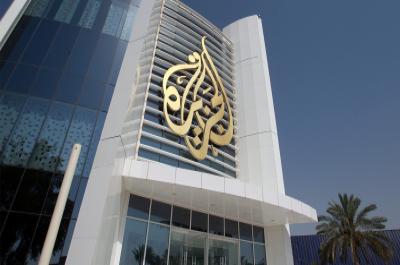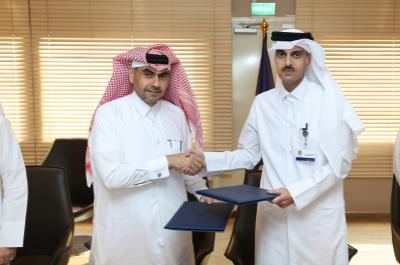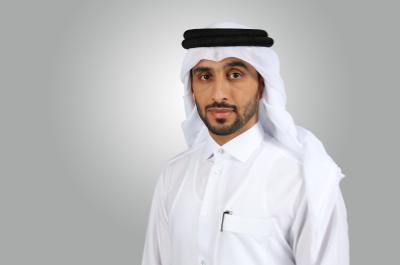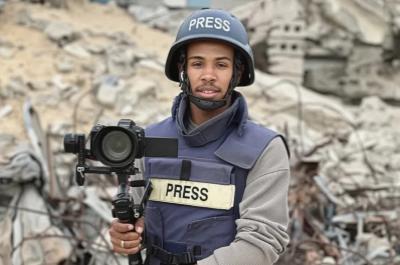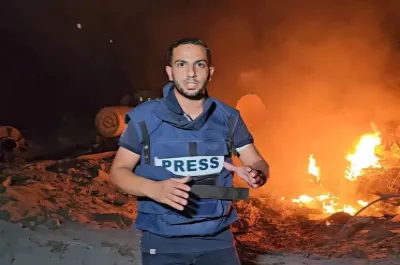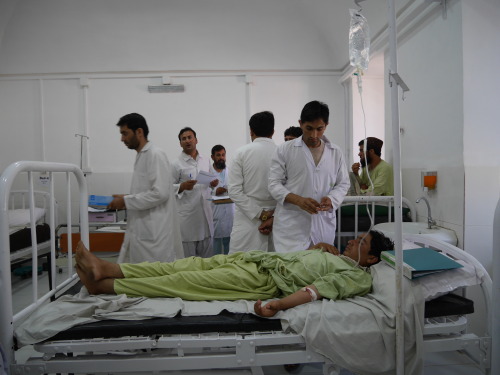
101 East report reveals how medical staff in Afghanistan are becoming the casualties of war
Afghanistan: Medics Under Fire screens on Al Jazeera English on 14 July 2016 at 2230 GMT as part of 101 East, Al Jazeera’s award-winning weekly current affairs programme, focusing on a diverse range of stories across Asia and the Pacific.
- Following a fatal attack on an MSF trauma facility in Kunduz, in October 2015, 101 East examines whether the rules of war are changing
- According to the ICRC there have been 2400 attacks on hospitals, health workers and patients in the last three years
- Al Jazeera is granted exclusive access to Boost Hospital in Helmand Province to find out about the reality for staff and patients in a war zone
In one of the world’s most dangerous conflict zones, where there is a chronic shortage of trained health workers, the medical staff at Boost Hospital provide a vital lifeline just kilometres away from intense daily battles between the Taliban and Afghan security forces. These medics are risking their lives to provide life-saving treatment to Afghanistan’s youngest and most vulnerable.
The Medecins Sans Frontiers trauma centre in the southern Afghan city of Lashkar Gah, is one of only three referral hospitals in the country’s south, and serves approximately one million people stranded in the war zone. Here, under-resourced health workers treat malnourished babies, landmine victims and car crash injuries against a backdrop of gunfire and shelling.
Despite the United States spending more than $100billion in non-military assistance since 2002, access to medical care in Afghanistan is dismal. There are only two doctors and five nursing and midwifery personnel for every 10,000, making preventable problems like maternal and infant mortality among the highest in the world. On the paediatric ward they expect 20-30% of the babies admitted will die.
Award-winning 101 East reporter Karishma Vyas explains: “Patients travel for days to reach it, risking landmines, Taliban check-posts and even gun battles to see doctors. And MSF has a policy of treating everyone, including soldiers and fighters, as long as they leave their weapons at the gate.”
Vyas obtained exclusive access to Boost Hospital months after a US military attack obliterated another MSF facility in Kunduz, killing more than 40 people. An investigation found 16 servicemen culpable and they were given a variety of administrative punishments, yet no one has been, or will be, charged with a crime. “We think that the punishments are proportional to the facts in the case”, said a spokesman for the US military in Afghanistan Brig. Gen. Charles Cleveland. “I would love to tell you that it would never happen again”, said Cleveland, “But I’d be lying to you and I’d be lying to myself. Simply stated, civilian casualties are sadly part of the fabric of this violence and of this conflict.”
Frontline medics have traditionally been off-limits according to the conventions of war and international humanitarian laws. But according to the International Committee for the Red Cross there have been at least 2400 strikes against hospitals, health workers and patients in the past three years.
Watch the promo: http://trib.al/FDDmeZv
For further information contact pressoffice@aljazeera.net
- Ends -

